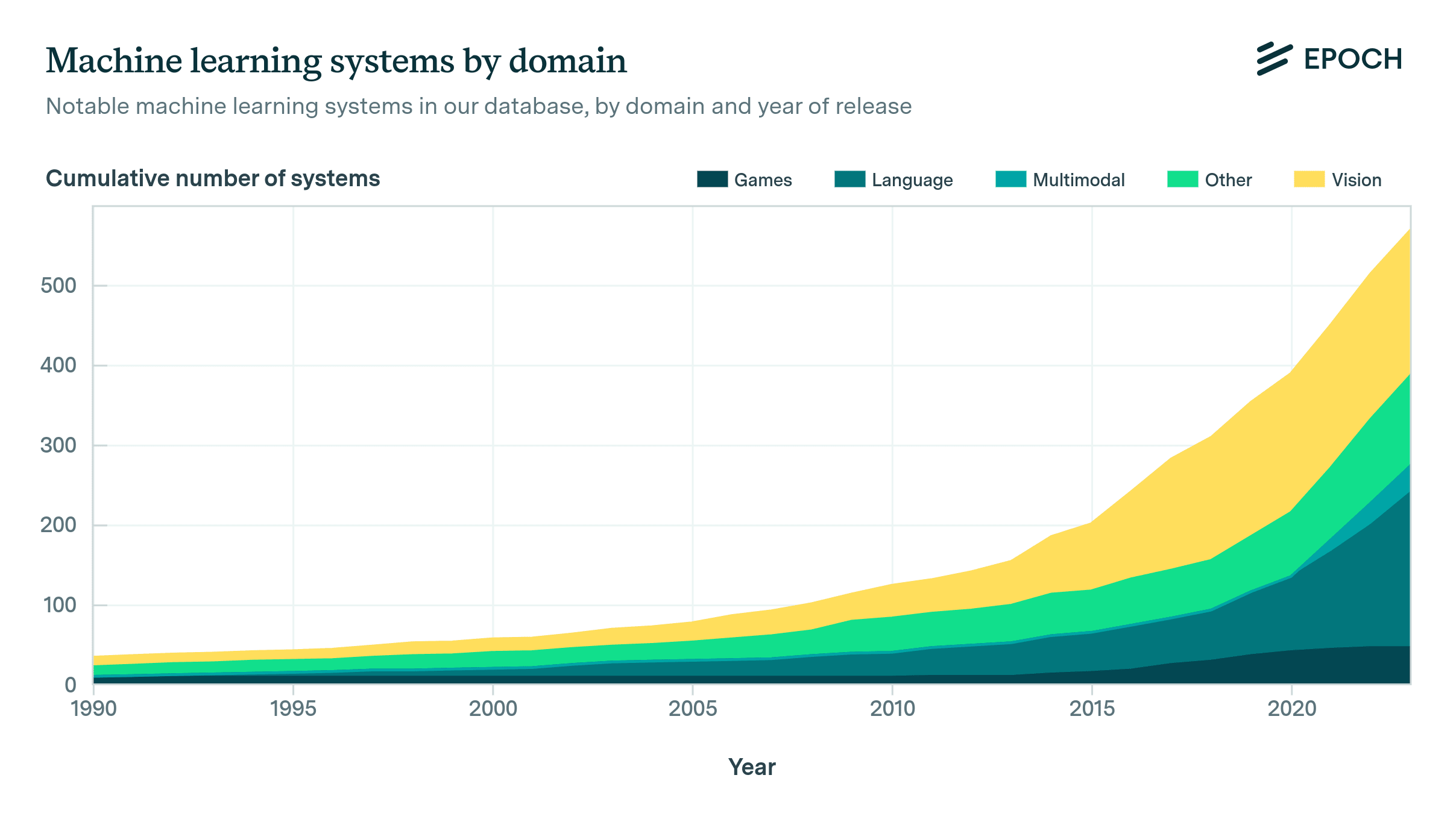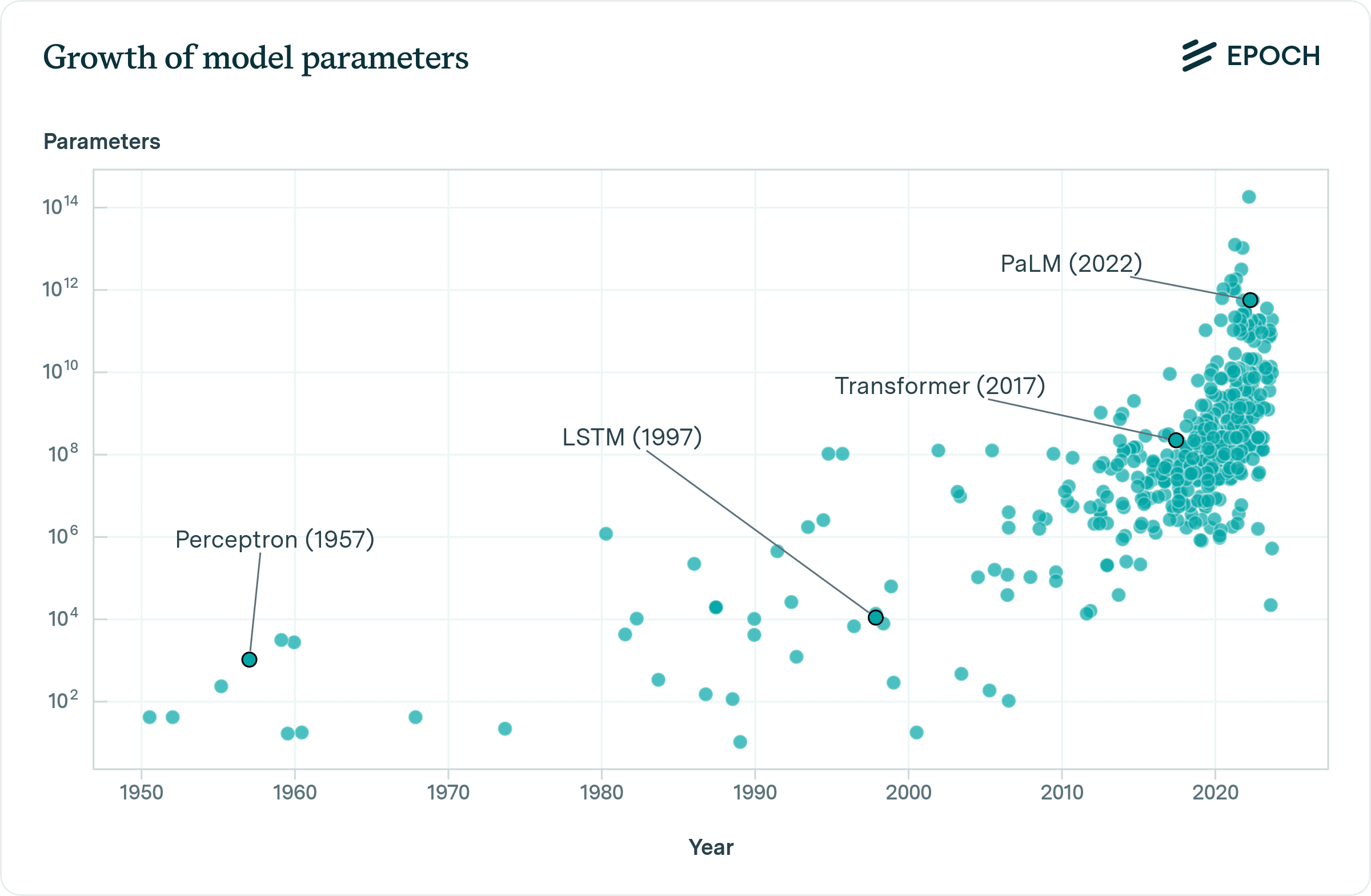Noting an error in Inadequate Equilibria
I think I've uncovered an error in Eliezer Yudkowsky's book Inadequate Equilibria that undermines a key point in the book. Here are some of my observations. First, let me provide some context. In the first chapter, Yudkowsky states that prior to Shinzo Abe's tenure as Prime Minister of Japan, the Bank of Japan had implemented a bad monetary policy that cost Japan trillions of dollars in real economic growth. His point was that he was able to spot this mistake, and confidently know better than the experts employed at the Bank of Japan, despite not being an expert in economic policy himself. In a dialogue, he wrote, > CONVENTIONAL CYNICAL ECONOMIST: So, Eliezer, you think you know better than the Bank of Japan and many other central banks around the world, do you? > > ELIEZER: Yep. Or rather, by reading econblogs, I believe myself to have identified which econbloggers know better, like Scott Sumner. > > C.C.E.: Even though literally trillions of dollars of real value are at stake? > > ELIEZER: Yep. To demonstrate that he was correct on this issue, Yudkowsky said the following, > When we critique a government, we don’t usually get to see what would actually happen if the government took our advice. But in this one case, less than a month after my exchange with John, the Bank of Japan—under the new leadership of Haruhiko Kuroda, and under unprecedented pressure from recently elected Prime Minister Shinzo Abe, who included monetary policy in his campaign platform—embarked on an attempt to print huge amounts of money, with a stated goal of doubling the Japanese money supply.5 > Immediately after, Japan experienced real GDP growth of 2.3%, where the previous trend was for falling RGDP. Their economy was operating that far under capacity due to lack of money.6 However, that last part is not correct, as far as I can tell. According to official government data, Japan's RGDP had not been falling prior to 2013, other than the fall caused by the Great Recession. RG


How does it matter to my argument that, in your analogy, someone dies but we can't sue the person responsible? I don't see the relevance. My point is about whether the death constitutes a harm that we should try to mitigate, not about whether anyone can be held legally liable for it.
I concede that if policymakers pass regulations that delay medical progress and cause billions of deaths as a result, I won't be able to sue them. I still intend to fight against those regulations.